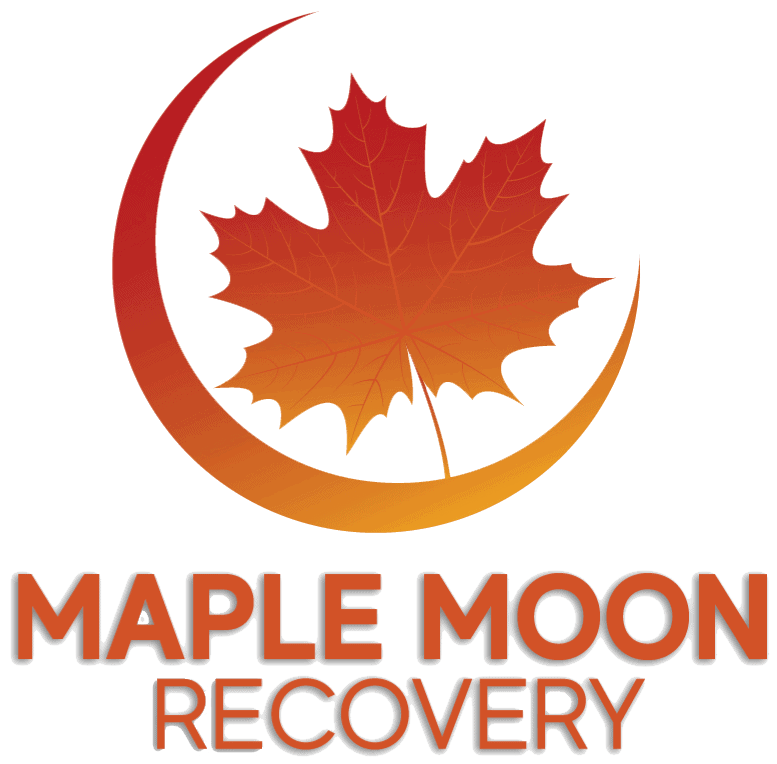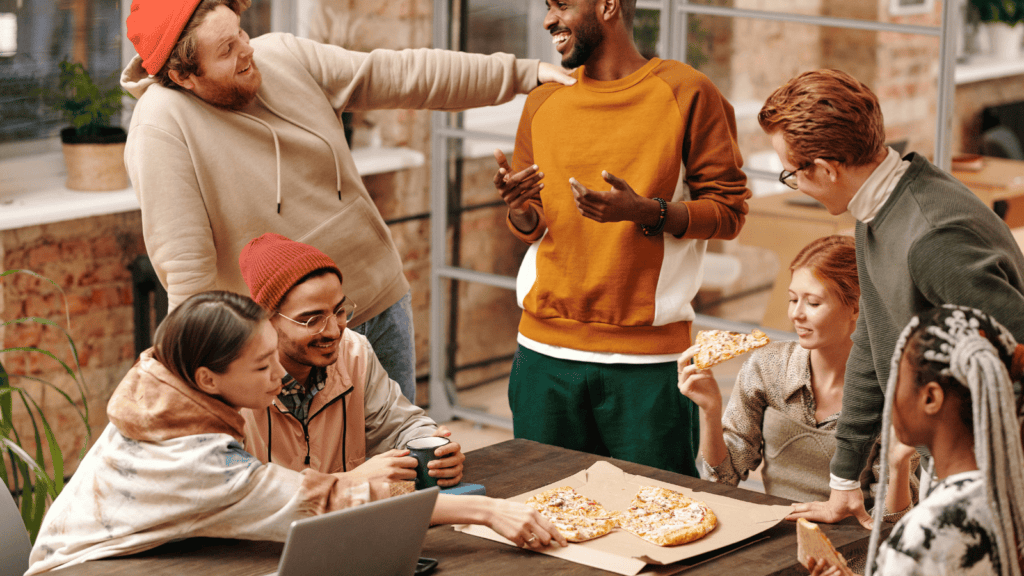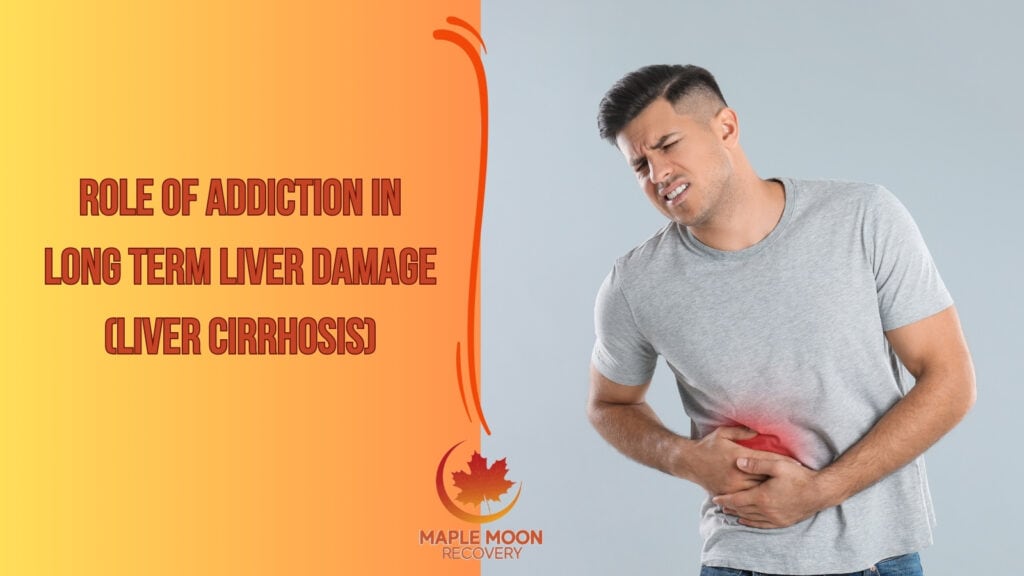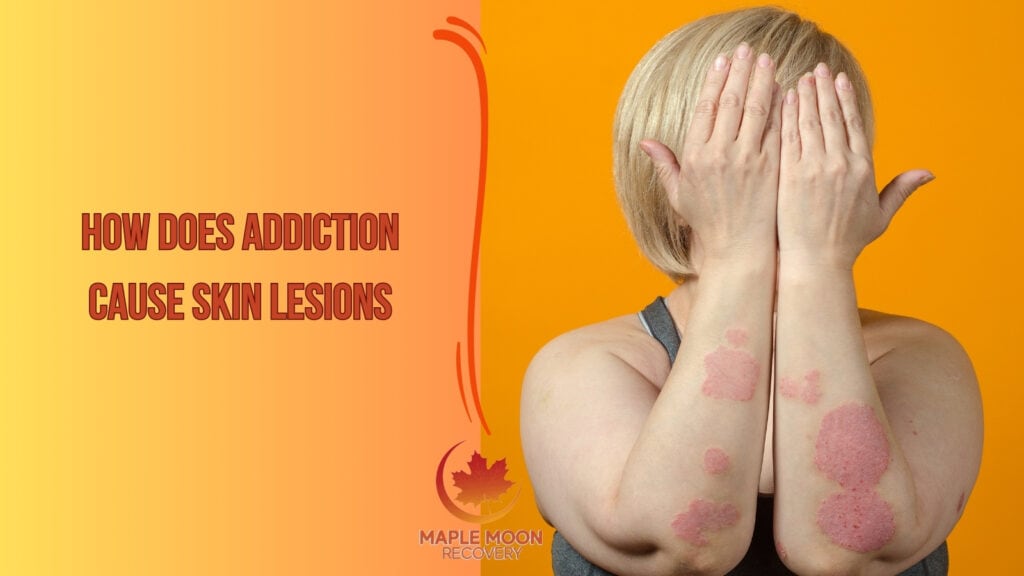Navigating social settings while on the path to recovery can be a formidable challenge. In 2020, the Substance Abuse and Mental Health Services Administration (SAMHSA) reported that approximately 21 million Americans aged 12 and older struggled with a substance use disorder. The most difficult part of the recovery journey is maintaining sobriety in social settings.
Here are eight essential ways to empower you to stay sober and confident at social events. These strategies have been thoughtfully crafted to assist you in navigating the world of social gatherings, allowing you to maintain your commitment to sobriety while enjoying a fulfilling social life. By implementing these proven strategies, you can safeguard your well-being, inspire others on their recovery journeys, and find strength in your new found freedom.
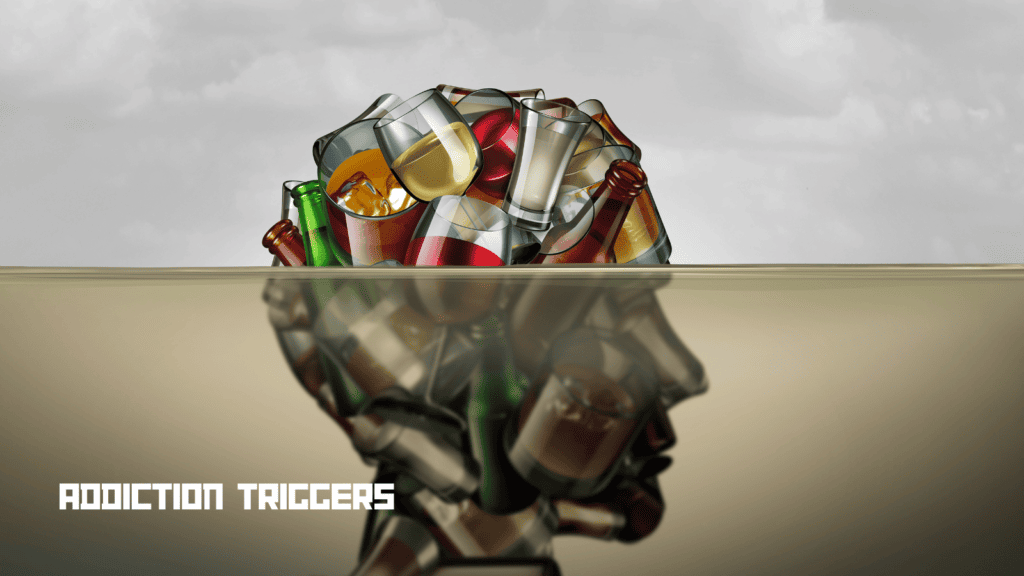
1. Know Your Triggers
Before we delve into strategies for managing triggers, let’s first understand what triggers are. Triggers are those situations, emotions, or people that prompt cravings or thoughts about using substances. In the context of social events, triggers can be as varied as the events themselves. They might include:
- Stress: Social gatherings can sometimes be stressful, whether due to social anxiety or other factors. Stress can trigger cravings as a way to cope.
- Peer Pressure: Friends or acquaintances offering drinks or substances can be a powerful trigger, especially if you’re trying to fit in or avoid confrontation.
- Nostalgia: Revisiting places or events where you used to drink or use substances can trigger memories and cravings.
Recognizing these triggers is the first step to managing them effectively. Take some time to reflect on your past experiences and identify what situations or emotions tend to make you vulnerable. Once you’ve identified your triggers, you can begin to develop strategies to deal with them. This might involve practicing mindfulness techniques, having a support system in place, or even seeking professional help when needed
2. Plan Ahead
Preparation is key to success in many aspects of life, and staying sober in social settings is no exception. Planning ahead can make a significant difference in your ability to navigate social events confidently and maintain your commitment to sobriety.
Start by creating a personalized plan for each social event you attend. Consider the following:
- Transportation: Ensure you have a reliable way to get to and from the event without relying on someone who might not understand your sobriety goals. Arrange for a designated driver, use public transportation, or have a rideshare app ready.
- Exit Strategy: Decide in advance when you’ll leave the event. Setting a specific time can help you avoid staying longer than you’re comfortable with, especially if the atmosphere becomes triggering.
- Support Network: Reach out to a trusted friend, family member, or sponsor who can provide support during the event. Knowing that someone has your back can boost your confidence.
By planning ahead, you’re taking proactive steps to protect your sobriety while still enjoying social events. Remember that it’s perfectly okay to prioritize your well-being and make choices that support your recovery journey.
3. Bring Your Own Non-Alcoholic Options
When it comes to staying sober in social settings, having a game plan is essential. One strategy that can empower you to maintain your commitment to sobriety while still enjoying social events is bringing your own non-alcoholic options. This is a valuable approach and can provide you with some inspiring alternatives to alcoholic beverages.
Taking control of your beverage choices by bringing your own non-alcoholic drinks to social events can be a game-changer. It ensures you have a readily available alternative to alcoholic beverages, eliminating the need to rely on the host or bartender for suitable options. Consider packing your favorite non-alcoholic beverages or creating your own mocktail kit to share with others who may be curious about these alternatives.
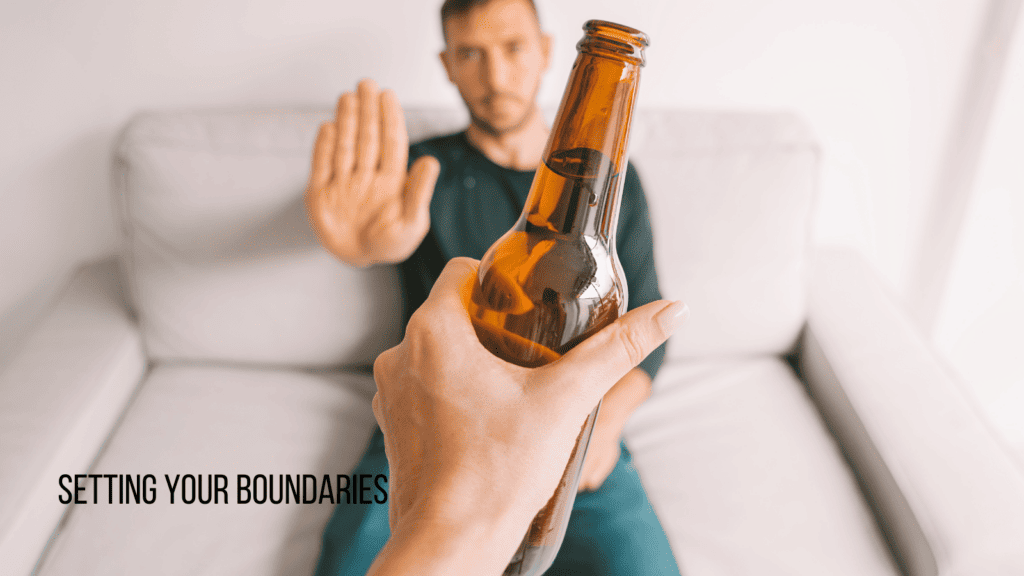
4. Practice Assertive Communication
Maintaining sobriety in social settings often involves dealing with offers of alcohol or drugs. Being equipped with assertive communication skills is a powerful tool to help you stay true to your goals while navigating these situations.
Assertive communication involves expressing your needs, feelings, and boundaries in a clear and respectful manner. In social situations where others may offer you alcohol or drugs, assertive communication can help you.
A. How to navigate the offer of Drugs or Alcohol
- Confidently decline without feeling pressured.
- Maintain your self-respect and dignity.
- Establish and maintain boundaries.
- Communicate your choices without alienating or offending others.
B. Tips for Politely Declining Alcohol or Drugs
Politeness and assertiveness can go hand in hand. When someone offers you a drink or drugs, remember that it’s perfectly acceptable to decline while remaining respectful. Here are some tips:
- Use “I” statements: Express your decision with statements like, “I don’t drink,” or “I’m choosing not to use drugs.”
- Be direct but kind: Avoid making excuses or over-explaining your choices. A simple, “No, thank you,” is often sufficient.
- Offer gratitude: Acknowledge the offer with a “Thanks, but I’m good” to maintain a positive tone.
- Stand your ground: If someone persists, it’s okay to repeat your response calmly and firmly.
C. Here are some examples of assertive responses in social situations:
- Offer of Alcohol:
- “I appreciate the offer, but I’m choosing not to drink.”
- “No, thanks, I’m enjoying my [non-alcoholic beverage].”
- Offer of Drugs:
- “I’m not into that, but thanks.”
- “No, I’m good without it.”
- Peer Pressure to Drink:
- “I’m here to enjoy the company and have a good time without alcohol.”
- “I respect your choice to drink, and I hope you respect mine not to.”
Remember that assertive communication is about standing up for your choices while maintaining respect for others. It can be a powerful tool for staying sober in social settings, ensuring that you remain in control of your recovery journey.
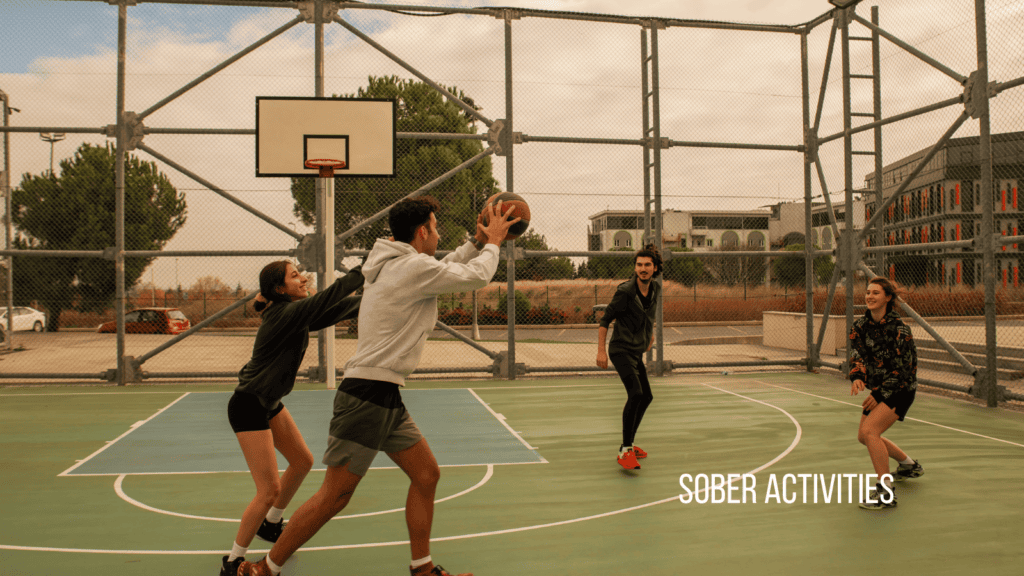
5. Engage in Sober Activities
As you navigate social events while staying sober, one of the most effective strategies is to actively engage in alternative activities that don’t involve alcohol or substances. Not only does this keep you occupied and focused, but it also offers a range of benefits, including strengthening your connections with others and enhancing your overall well-being.
A. Participate in Activities that Don’t Involve Alcohol or Substances
Suggesting or initiating activities that don’t center around alcohol or substances can reshape the social dynamics of an event. Encourage friends and fellow attendees to join you in these wholesome alternatives. Some ideas include:
- Board Games and Card Games: Bring along a selection of board games or card games that can spark friendly competition and camaraderie.
- Outdoor Adventures: If the event allows, consider outdoor activities like hiking, biking, or even a simple game of frisbee to get people moving and interacting.
- Arts and Crafts: Set up an arts and crafts station with supplies for creative expression. Collaborative art projects can be a great conversation starter.
B. Alternative Ways to Have Fun and Connect with Others at Social Events
Social events are about connecting with others, and there are countless ways to do so without alcohol or substances. Here are some enjoyable alternatives:
- Dancing: Get on the dance floor and let the music move you. Dancing is a fantastic way to let loose and connect with others without the need for alcohol.
- Conversation Circles: Initiate conversations about interesting topics or life experiences. Engaging discussions can be both fulfilling and thought-provoking.
- Cooking or Food Tasting: Organize a mini-cooking competition or a food tasting session. Sharing culinary experiences can be a delightful way to bond.
C. Benefits of Staying Active and Engaged
Participating in these alternative activities offers a multitude of advantages. Staying active and engaged:
- Reduces the temptation to drink or use substances.
- Enhances your physical and mental well-being.
- Promotes meaningful connections and builds lasting relationships.
- Provides a sense of accomplishment and fun without the need for substances.
So, whether it’s a friendly game of charades or an engaging conversation with a new acquaintance, actively participating in social activities can be a fulfilling and safe way to enjoy any event.
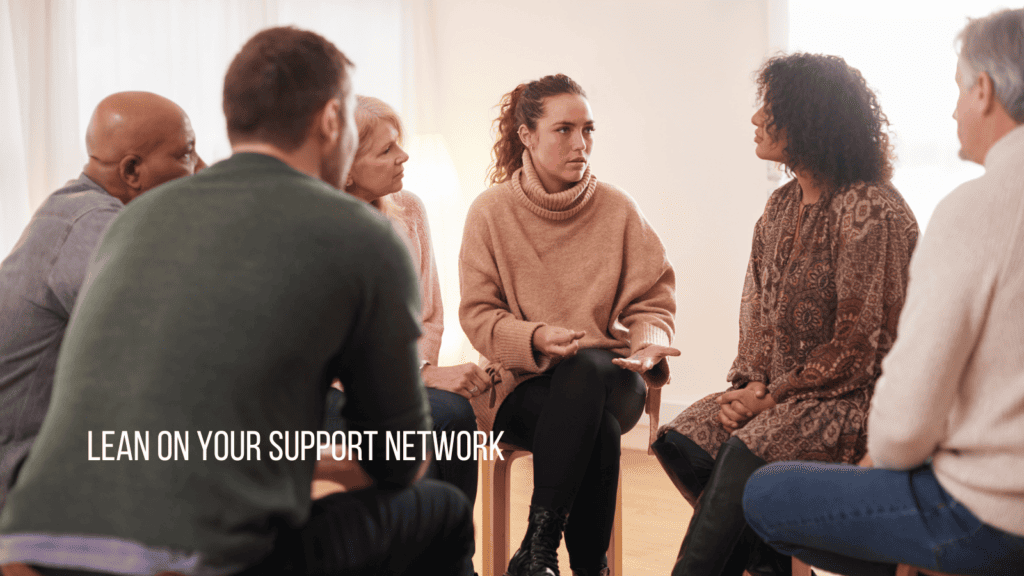
6. Lean on Your Support Network
In the journey of recovery, your support network is your lifeline. In social settings, it becomes even more vital. Here, we’ll explore why leaning on your support network is crucial and provide guidance on how to do so effectively.
A. Relying on Your Support Network
Your support network consists of individuals who understand your journey, including sponsors, friends, family members, and fellow individuals in recovery. They provide emotional support, guidance, and a sense of belonging. In social settings, these relationships can be your anchor, offering:
- Emotional Support: Friends and loved ones can offer a listening ear and reassurance when you face challenges or triggers.
- Accountability: Sponsors and peers in recovery can help you stay accountable to your sobriety goals by checking in with you during or after social events.
B. Sponsors, Friends, or Family Members
Sponsors, in particular, play a pivotal role in your recovery. They understand the intricacies of sobriety and can offer guidance tailored to your specific needs. Friends and family members can also provide invaluable support.
- Sponsors: Reach out to your sponsor before or after social events
- Friends and Family: Tell them how they can assist by being aware of your needs and boundaries, and by providing encouragement and understanding.
C. How to Communicate Your Needs to Your Support Network
Effective communication is key to harnessing the support of your network. Here are some tips on how to express your needs:
- Open and Honest Conversations: Share your concerns, triggers, and recovery goals openly with your support network. Honesty fosters understanding.
- Set Boundaries: Clearly communicate your boundaries, such as your decision not to drink or use substances, and explain why these boundaries are crucial for your well-being.
- Ask for Specific Support: Let your support network know how they can best support you. Whether it’s checking in with you at the event or providing a distraction when cravings strike, specific requests can be immensely helpful.
Remember, your support network wants to see you succeed in your recovery journey. By reaching out and effectively communicating your needs, you empower them to play a vital role in your ongoing sobriety, especially in the challenging context of social events.
7. Create Boundaries
Setting boundaries is a powerful and often overlooked strategy for staying sober in social settings. It’s not just about saying “no” to alcohol or substances; it’s about defining your limits and protecting your sobriety. In this section, we’ll explore the importance of setting boundaries, provide examples specific to alcohol and substance use, and discuss how to communicate and enforce these boundaries effectively.
The Significance of Setting Boundaries in Social Settings
Boundaries act as a protective shield around your sobriety. They are the lines you draw to safeguard your well-being and make your intentions clear to others. In social settings, setting boundaries is significant because it:
- Prevents Peer Pressure: Clearly defined boundaries make it easier to resist peer pressure and maintain your commitment to sobriety.
- Respects Your Choices: Boundaries communicate your choices and ensure they are respected by others, even if they don’t fully understand your journey.
- Reduces Stress: Knowing your limits can reduce stress and anxiety in social situations, as you’re not constantly navigating uncertain territory.
Setting boundaries related to alcohol or substance use can vary depending on your personal preferences and comfort levels. Here are some examples:
- No Alcohol or Drugs: This is the most straightforward boundary—simply state that you will not consume alcohol or drugs.
- Limit Exposure: Set a limit on the amount of time you’ll spend at an event or the number of social gatherings you attend in a week.
- Avoid Triggering Situations: If certain places or events are strong triggers, it’s okay to avoid them altogether until you feel more confident in your sobriety.
- No Substance Use Around You: Ask friends or acquaintances not to use substances when you’re present to minimize temptation.
Communicating and enforcing your boundaries is crucial for their effectiveness. Here’s how to do it effectively:
- Be Clear and Direct: When communicating your boundaries, be clear and direct in your communication. Use “I” statements to express your needs and choices.
- Reinforce Your Boundaries: If someone tries to push your boundaries, calmly but firmly reinforce them. You have the right to prioritize your sobriety.
- Exit Gracefully: If a situation becomes uncomfortable or your boundaries are repeatedly violated, don’t hesitate to exit the event gracefully. Your well-being comes first.
Setting and maintaining boundaries may initially feel challenging, but with practice, it becomes an empowering tool in your recovery toolkit.

8. Mindfulness and Self-Care
Mindfulness and self-care are essential practices that can significantly aid in your journey to staying sober in social settings. Let’s explore how these practices can be invaluable and offer practical tips for incorporating them into your life.
A. The Concept of Mindfulness and Self-Care
Mindfulness involves being fully present in the moment, observing your thoughts and feelings without judgment. Self-care, on the other hand, encompasses activities and practices that promote physical, emotional, and mental well-being. Together, these concepts form a powerful combination for individuals in recovery.
B. How Mindfulness Techniques Can Help Manage Cravings and Stress
Mindfulness techniques can be your secret weapon against cravings and stress. Here’s how they work:
- Cravings Management: Mindfulness allows you to observe cravings as temporary sensations without acting on them. By acknowledging and accepting these feelings, you can let them pass without giving in to them.
- Stress Reduction: Mindfulness practices like meditation and deep breathing can reduce stress by calming the mind and promoting relaxation. When stress levels are lower, the urge to turn to substances diminishes.
C. Self-Care Tips for Maintaining Emotional Well-being
Self-care is not a luxury; it’s a necessity for individuals in recovery. Here are some self-care tips to help you maintain emotional well-being:
- Establish a Routine: A structured daily routine can provide stability and a sense of purpose.
- Stay Connected: Nurture positive relationships with friends and family who support your sobriety.
- Prioritize Sleep: A good night’s sleep is vital for emotional balance and resilience.
- Practice Gratitude: Reflect on the things you’re grateful for to cultivate a positive mindset.
- Engage in Hobbies: Pursue hobbies and activities that bring you joy and fulfillment.
- Seek Professional Help: If you’re struggling with emotional challenges, consider therapy or counseling to address underlying issues.
What to do when the Eight Strategies Alone Aren’t Enough?
At Maple Moon Recovery Center, we understand that recovery is a unique journey, and no two paths are the same. While these eight strategies for staying sober in social settings are powerful tools, there may be times when individuals face challenges that require additional support. In such cases, we offer specialized assistance to ensure you stay on track with your sobriety goals.
Why Additional Support May Be Needed By Professionals at Maple Moon Recovery?
- Complex Triggers: Some triggers and situations can be exceptionally challenging to manage, requiring personalized guidance and coping strategies.
- Co-Occurring Disorders: If you are dealing with co-occurring mental health issues alongside addiction, a comprehensive treatment approach is essential.
- Relapse Prevention: If you’ve experienced relapses in the past or fear a potential relapse, focused relapse prevention strategies can make a significant difference.
How Maple Moon Recovery Can Help When Strategies Alone Don’t Work?
- Individualized Treatment Plans: We create tailored treatment plans that address your specific needs and challenges. Our experienced team conducts comprehensive assessments to understand your unique circumstances.
- Dual Diagnosis Treatment: For individuals with co-occurring disorders, our dual diagnosis program provides integrated care that addresses both addiction and mental health issues.
- Relapse Prevention: Our relapse prevention program equips you with the tools and skills to identify and manage triggers effectively, reducing the risk of relapse.
- Therapeutic Support: We offer a range of evidence-based therapies, including cognitive-behavioral therapy, mindfulness-based techniques, and counseling, to help you navigate the complexities of addiction and recovery.
- Aftercare and Support: Our commitment to your recovery extends beyond your time at Maple Moon Recovery. We provide robust aftercare programs and ongoing support to ensure your sustained success.
At Maple Moon Recovery Center, our mission is to empower you to achieve lasting sobriety and lead a fulfilling life. If the eight strategies for staying sober in social settings don’t yield the desired results, our specialized programs and compassionate team are here to guide you towards a brighter, healthier future. Don’t hesitate to reach out when you need additional support on your recovery journey. Your well-being is our priority.
